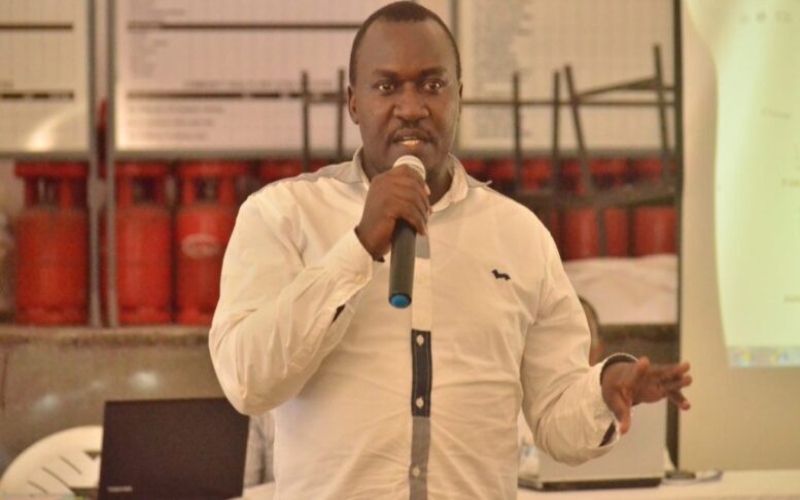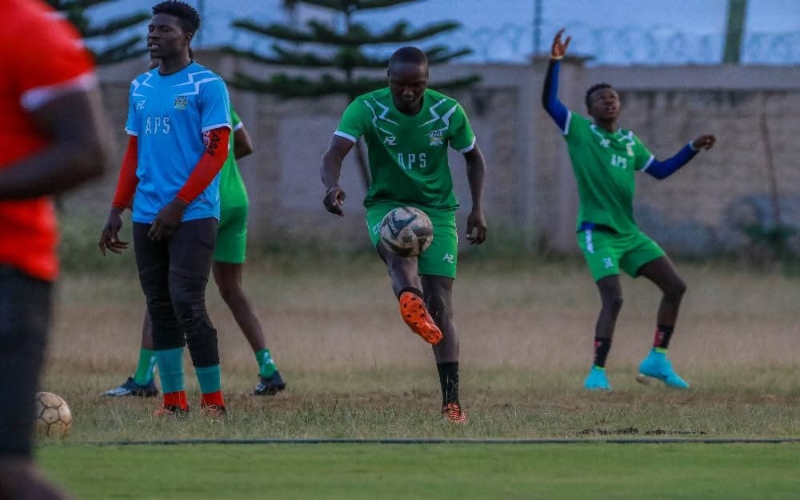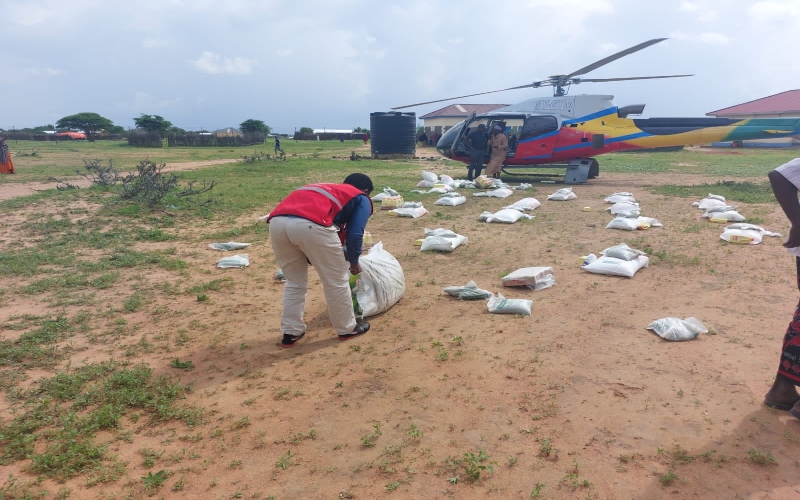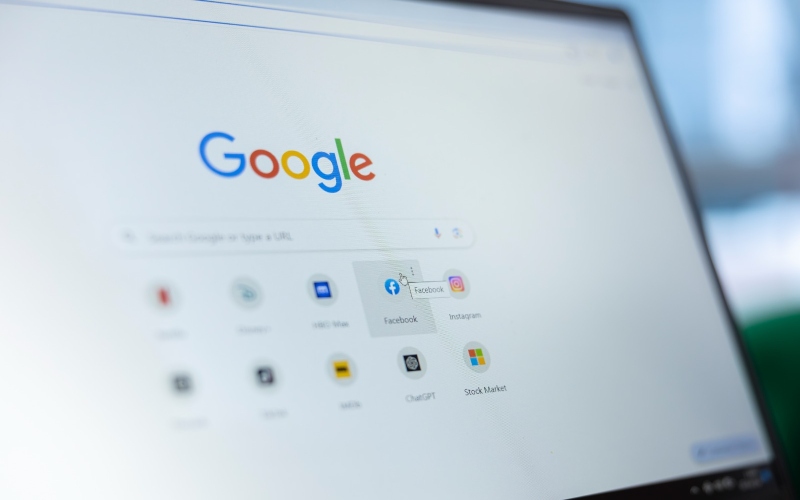South Sudan: Is Riek Machar's trial threatening stability?
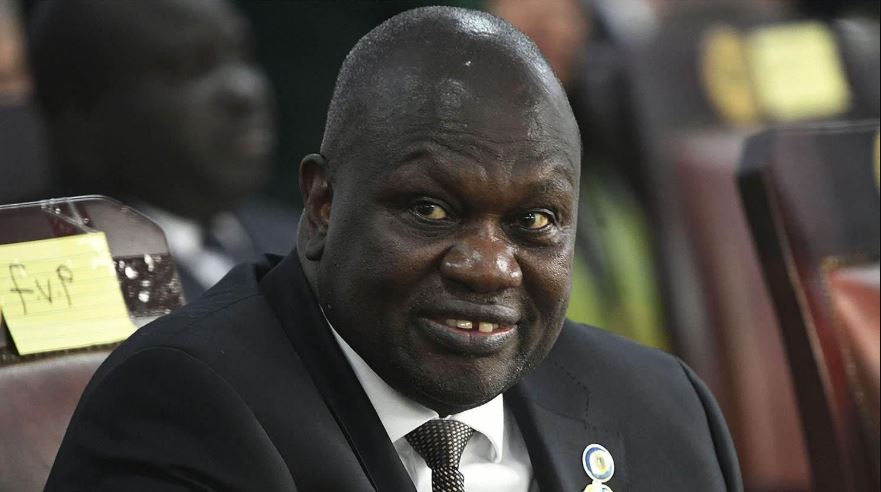
South Sudan's Vice President Riek Machar is on trial for charges that include murder and treason, sparking fears of renewed civil war and political strife. Civil society groups are calling for transparency and oversight.
The trial of South Sudan's First Vice President Riek Machar has reignited concerns about the country's fragile peace and the future of its unity government.
Machar, who has been under house arrest since March, made a rare public appearance this week at a special court session in Juba, joined by 20 co-defendants, including Petroleum Minister Puot Kang Chol.
More To Read
- South Sudan grounds UNMISS aircraft over spy gear and smuggling allegations
- South Sudan health system on brink as conflict and cholera spread, MSF warns
- South Sudan deploys forces to secure Heglig oil field after Sudan RSF capture
- Gunman hijacks aid plane in South Sudan, arrested after safe landing in Wau
- Sexual violence driving mass flight from Sudan to South Sudan: What you need to know
- 1,000 weapon‑wounded patients treated in South Sudan hospitals this year - ICRC
He faces serious charges - murder, treason, and crimes against humanity - linked to violent clashes in Nasir earlier this year involving the Nuer-dominated White Army militia.
Earlier this month, President Salva Kiir suspended Machar by decree, citing national security concerns. The move has effectively unravelled the unity government established under the 2018 peace agreement.
Calls for transparency
Omara Joseph, Advocacy and Protection Officer at the South Sudan Human Rights Defence Network, told DW that Machar's detention carries both symbolic and practical significance.
"It is a gesture that South Sudan can also go for accountability," Omara said, acknowledging the country's long-standing struggles with institutional justice.
However, he criticised the government's decision to limit media access to the trial, which was held in a venue typically used for weddings and concerts.
"This is the time when we need international actors to apply pressure, because the world needs to know exactly what is going on in this trial," he added. "Why must the media be denied access and only allow the state-owned broadcaster?"
Political persecution?
Observers warn that such restrictions could reinforce perceptions that the trial is politically motivated and unlikely to be impartial.
The proceedings have also reignited ethnic tensions between Machar's Nuer base and Kiir's Dinka supporters. Civil society activist Tabitha Nyantin told DW that South Sudan's leaders must prioritise national unity.
"We have many ethnicities in this country, and the leaders come from various ethnic groups," she said. "If they don't change their mentality, we won't move forward like our neighbours in Kenya."
Ethnic tensions and political fallout
Machar and Kiir's rivalry dates back to the 1990s, when Machar led a breakaway faction accused of betraying the rebel movement. His forces were linked to a massacre in Bor targeting the Dinka, deepening mistrust between the two men.
Although they have shared power in a unity government, analysts say their relationship remains tense. Daniel Akech, a senior analyst with the International Crisis Group, told the Associated Press that the case against Machar appears to be "a pretext for a political power struggle."
With presidential elections repeatedly postponed, the trial threatens to derail the peace process and destabilise the country ahead of the 2026 vote.
The 2018 peace agreement ended a five-year civil war that claimed over 400,000 lives. Now, with the unity government in disarray, Machar's trial risks undoing years of progress and plunging South Sudan back into conflict.
As the trial unfolds, the stakes are high - not only for Machar and his allies, but for the future of South Sudan itself.
Top Stories Today


